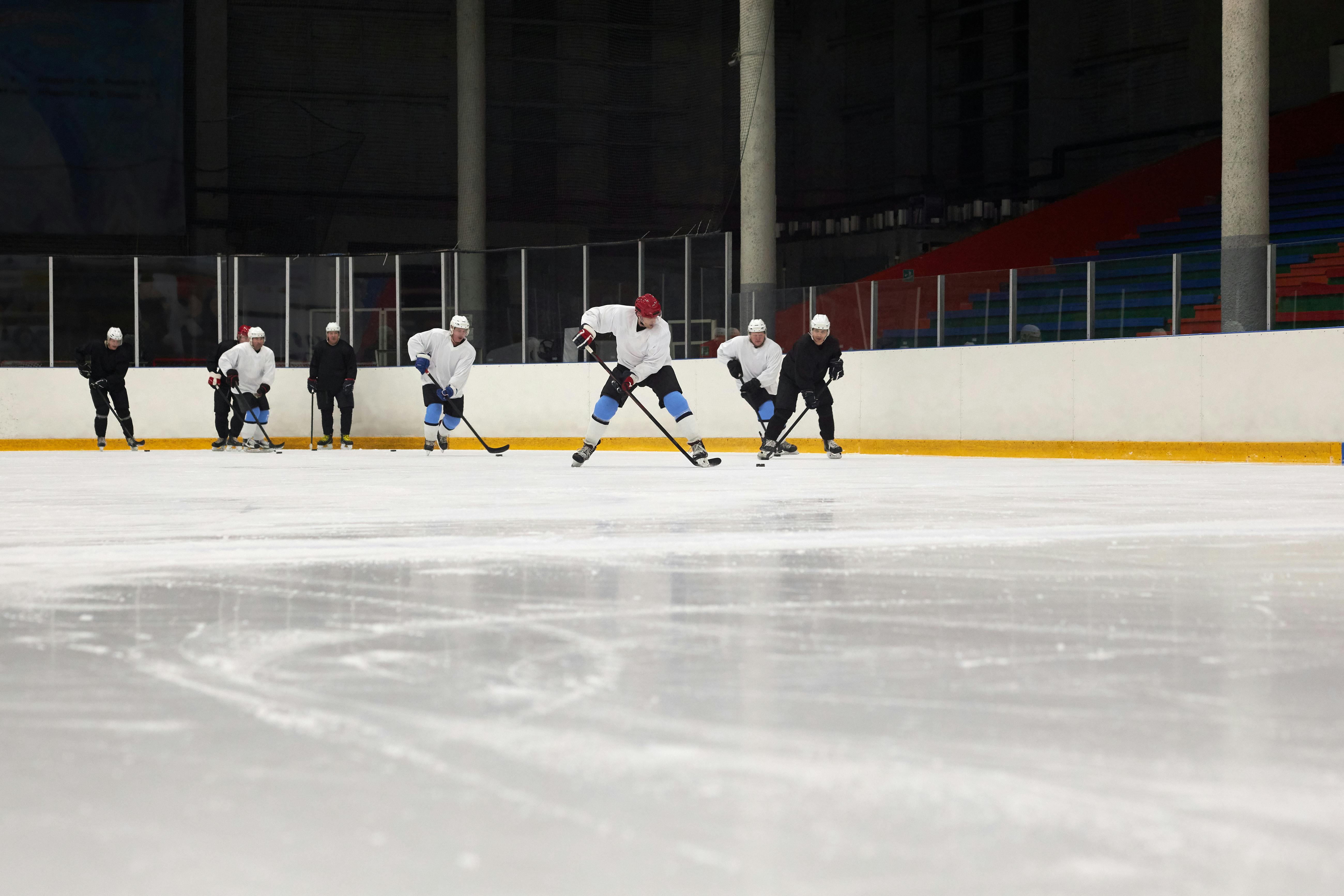Whether you’re a comedian, musician, athlete, or late night newscaster, there are certain attributes you must have or develop to become a great artist. No matter what field you practice in, it takes a lot of work to perfect your craft. Practice is the key to acquiring the knowledge and experience to make your performance as smooth and safe as possible.
One of the most important aspects of being an entertainer is knowing and understanding your audience. Measuring which aspects of a performance will generate a positive reaction from your audience is sometimes the result of trial and error, but having a working knowledge of the audience allows you to adjust your act accordingly. For example, if you are presenting comedy for a church group of seniors, you might do well to avoid profanity and sexual overtones in your material.
Once you have a working idea of who your audience is, the next step is careful preparation. Not being prepared is the worst mistake an artist can make. If you don’t care enough to pay attention to your act, why would your audience? Preparation allows for hassle-free delivery and allows you to work within time constraints, which can be very important depending on the branch of entertainment you offer. If you are the opening act for a major band, for example, you don’t want to exceed your allotted time. There’s nothing more embarrassing than having the production crew turn off the lights or booing you off stage by the audience.
Just as careful preparation and planning is a big part of being a good animator, so is the ability to improvise. Improvisation can save you in situations where things don’t go as expected. For example, your audience turns out to be the exact opposite of what was prepared, or your time is shortened or extended due to a scheduling conflict. Being able to comfortably adjust, change, drop, or add existing material without missing a beat goes a long way toward becoming a respected professional artist. Also, being able to cover up the mistakes of others is a highly appreciated skill. For example, you are reading a news broadcast when your partner accidentally misread the teleprompter. Being able to save and continue without getting nervous will win over both your colleagues and your audience.
Speaking of which, another element of being a great animator is being able to work well with others. No matter what you do as an artist, you will have to deal with people, whether they are your agents, your audience, or your employers. Knowing how to behave professionally in different situations can be of great benefit to your career.
It is also important to separate performance from reality. While your character on stage may be frivolous, brooding, or obnoxious, you need to know when and where it is appropriate. While some audience members may want to be insulted by a witty TV host, for example, there are many situations where such an action would be inappropriate.
Finally, a good entertainer knows how to leave the audience wanting more. A band that consistently performs at the same venues week after week will not get the same reaction as the act that performs once every three months. Building followers requires careful strategic planning, as you want to be visible enough that the audience won’t forget you, but not so visible that the audience will tire of your act.
In the end, a great entertainer is forged from a combination of practical experience, talent, networking, and strokes of luck.
